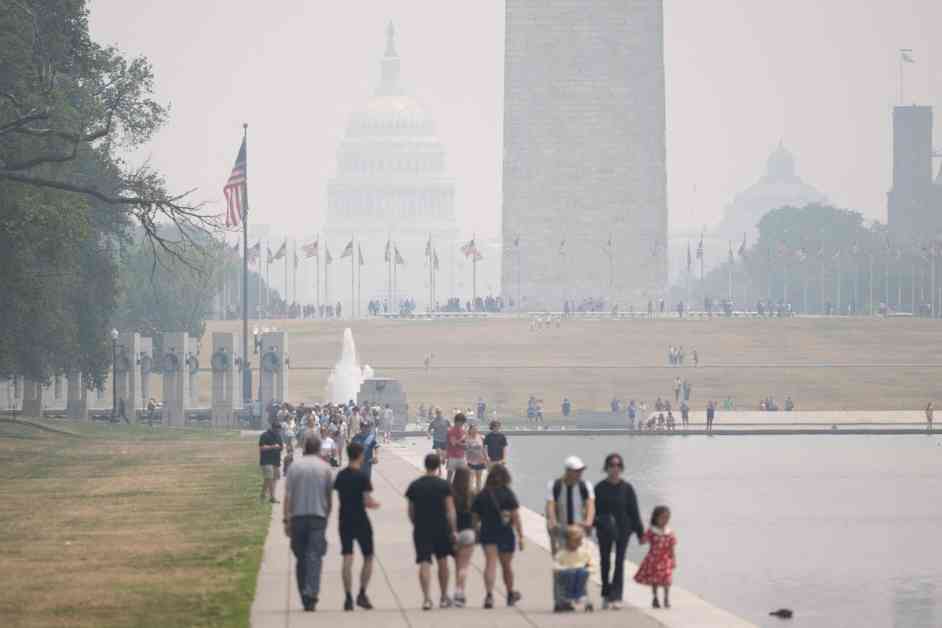The upcoming presidential election in 2024 will have a significant impact on the environment and the health of our children. The two candidates, former President Donald Trump and Vice President Kamala Harris, have very different views on climate change and its effects on our planet.
Former President Trump has dismissed global warming as a “scam” and has promised to expand drilling for oil and gas if elected. He plans to roll back clean energy and climate policies, such as the 2022 Inflation Reduction Act, which aims to reduce greenhouse gas emissions and transition to clean energy sources. On the other hand, Vice President Harris views climate change as an existential threat and has supported initiatives to curb pollution from various sources.
Climate change has been found to have a significant impact on children’s health. It is a threat multiplier, putting children at risk of various climate-intensified hazards such as extreme heat, severe storms, floods, wildfires, food insecurity, and insect-borne diseases. The physical and mental health toll on children is substantial, with many experiencing preterm birth, low birth weight, hyperthermia, kidney disease, asthma attacks, and mental health issues due to climate-related factors.
Air pollution, largely caused by fossil fuel emissions, is also a major health crisis affecting children. Exposure to air pollution has been linked to asthma, respiratory diseases, infant mortality, mental health conditions, and even impacts on children’s ability to learn. Low-income, Black, and Hispanic children are disproportionately affected by air pollution due to discriminatory policies and lack of green spaces in their communities.
However, policies aimed at reducing emissions and transitioning to clean energy sources have shown significant benefits for both health and the economy. The Inflation Reduction Act, for example, is expected to reduce greenhouse gas emissions by one billion metric tons in 2030, leading to a decrease in premature deaths, asthma attacks, respiratory symptoms, and hospital admissions. The economic benefits of such policies are substantial, with estimated savings of billions of dollars and improved health outcomes for communities, especially those most impacted by air pollution.
Government policies, such as the U.S. Clean Air Act and the Regional Greenhouse Gas Initiative, have proven to be effective in reducing emissions and improving public health. The upcoming election will play a crucial role in determining the future of climate action and its impact on our children’s health and well-being. It is essential to consider the long-term consequences of our choices and prioritize the health and safety of our future generations.




